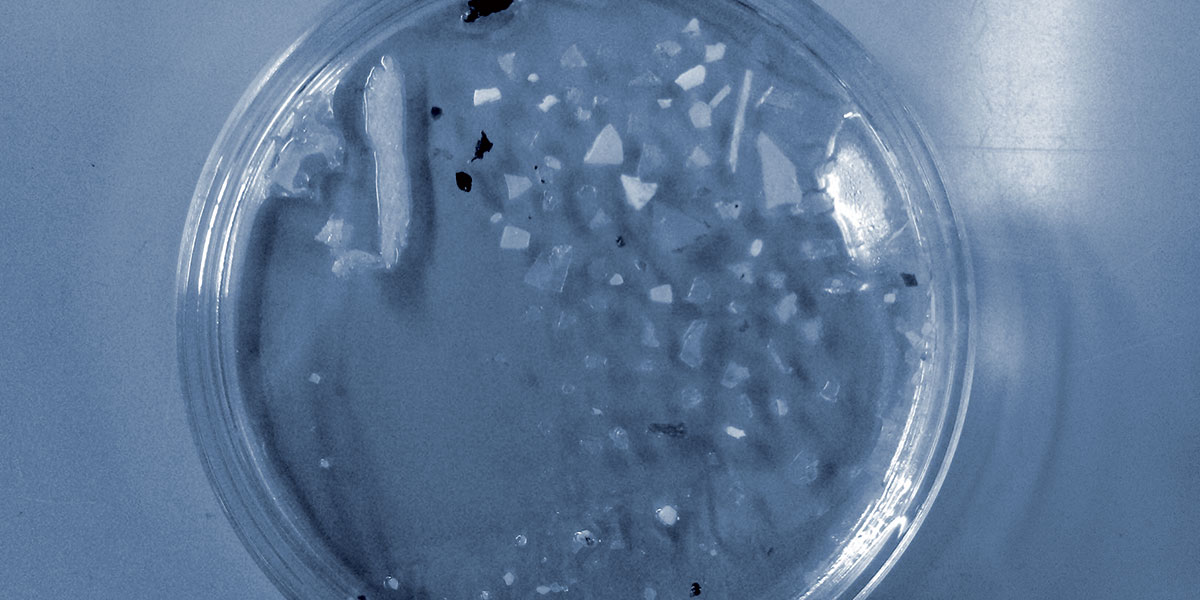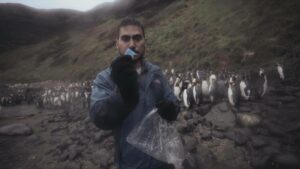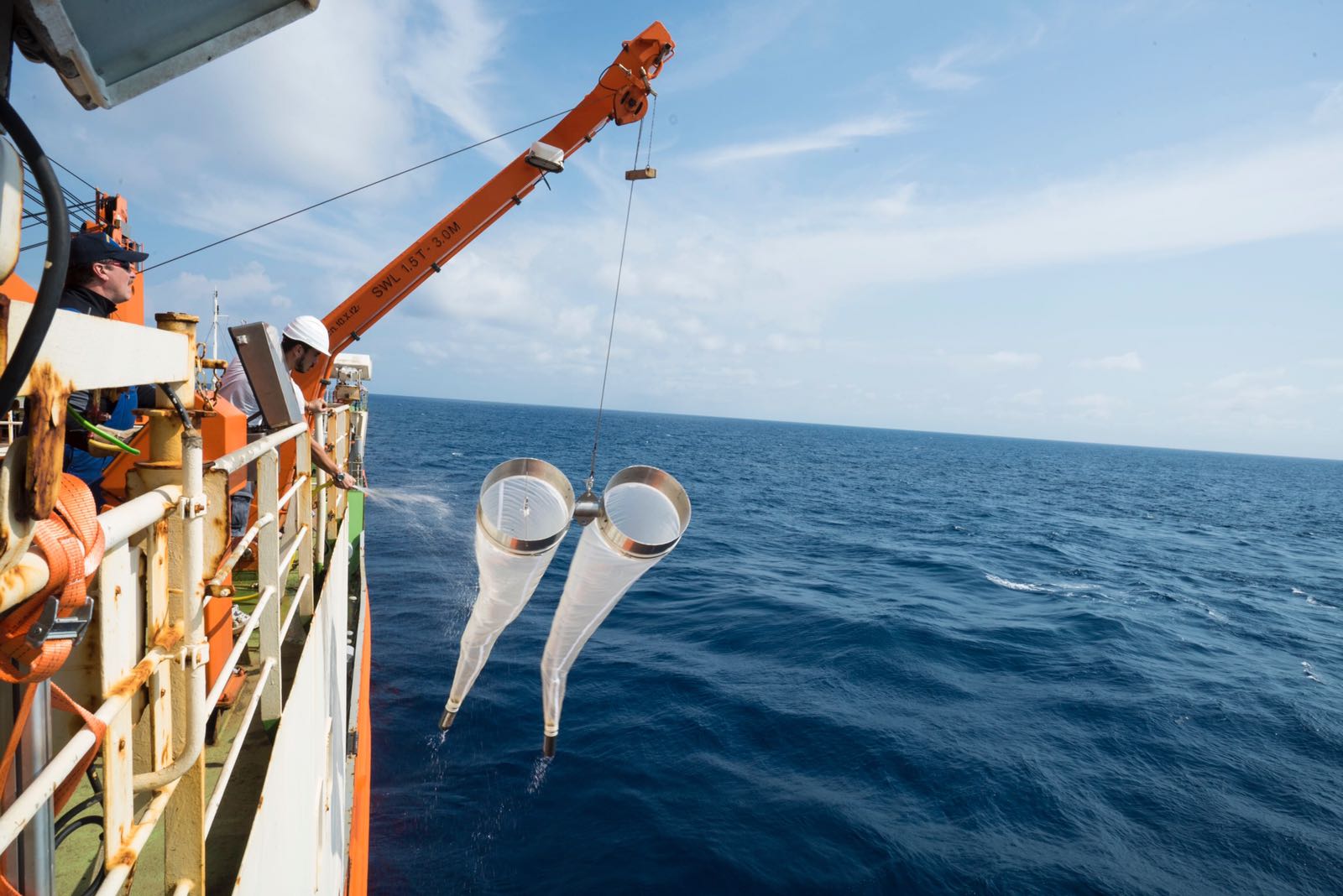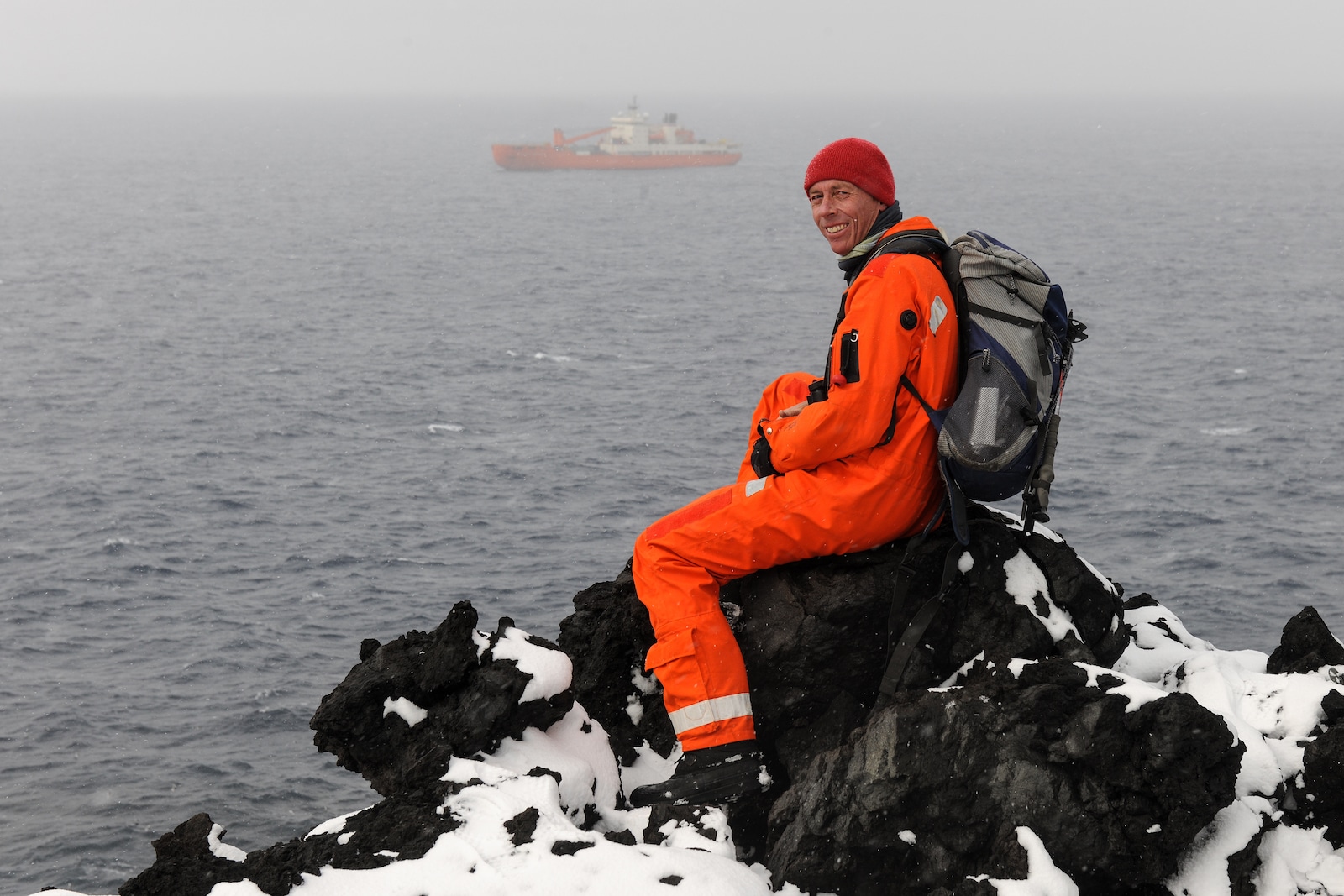


Brief description and intermediate results

While plastic pollution is a major, long-term global environmental issue, there is growing concern around tiny particles of plastics called microplastics (<5mm) that enter marine ecosystems. As well as affecting local waterways, microplastics can be transported long distances to remote and thought to be pristine polar regions due to the ocean currents. They can enter food webs at various points through accidental ingestion by animals. Furthermore, these plastics can attract and accumulate chemical pollution on their surfaces, which can further affect the health of animals that have ingested them.

Initial results confirm that the Southern Ocean has the lowest densities of macrolitter globally, and this ‘clean’ image is supported by preliminary observations of microplastics from surface net tows and beach sand samples collected at islands and coasts around Antarctica. However, filtering surface water with very fine filters (0.04 mm) found seemingly synthetic fibres virtually throughout the Southern Ocean. Fibres were an order of magnitude more abundant than suspected plastic fragments.
As expected, the densities of both types of plastic particles were greater in surface than sub-surface samples at virtually all stations, providing strong evidence that the items collected do not represent contamination from the ship. If the fibres and fragments are confirmed to be plastic (using sophisticated micro-spectroscopy techniques), this will represent the first definitive evidence of the widespread occurrence of tiny microplastics (<1 mm) in the Southern Ocean. This finding will further promote studies to assess the impacts of such particles on marine food webs in the region.

Peter Ryan
University of Cape Town
South Africa
The Impact of Microplastic Pollution on the Southern Ocean Food Web
- Antarctic Cooperative Research Centre (ACE-CRC), Tasmania (Australia)
- Institute for Marine and Antarctic Studies (IMAS), University of Tasmania (Australia )
- University of Pretoria (South Africa)
- University of Cape Town (South Africa )
- International Pellet Watch (Japan)
- Griffith University, Queensland (Australia)
- Award winning writers and illustrators, Alison Lester & Coral Tulloch (Australia) Pure Antarctic
[/column]